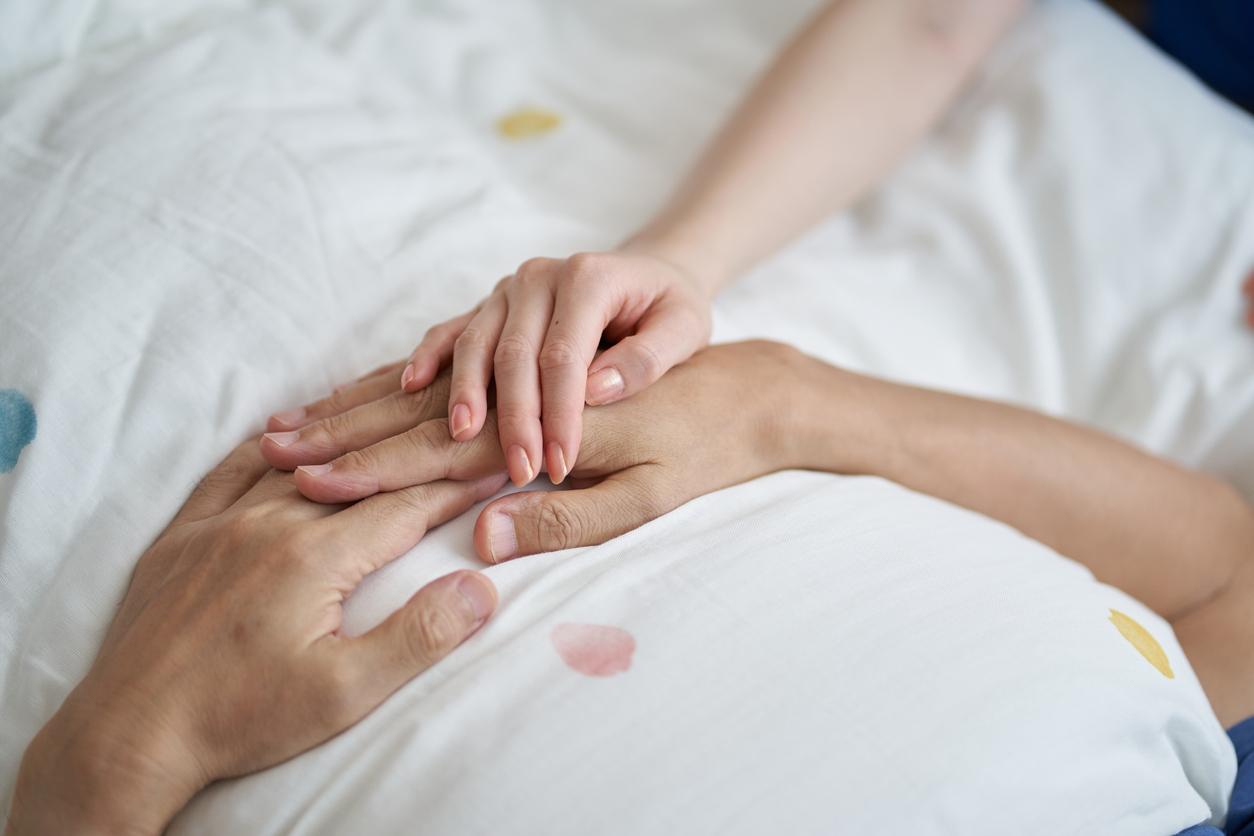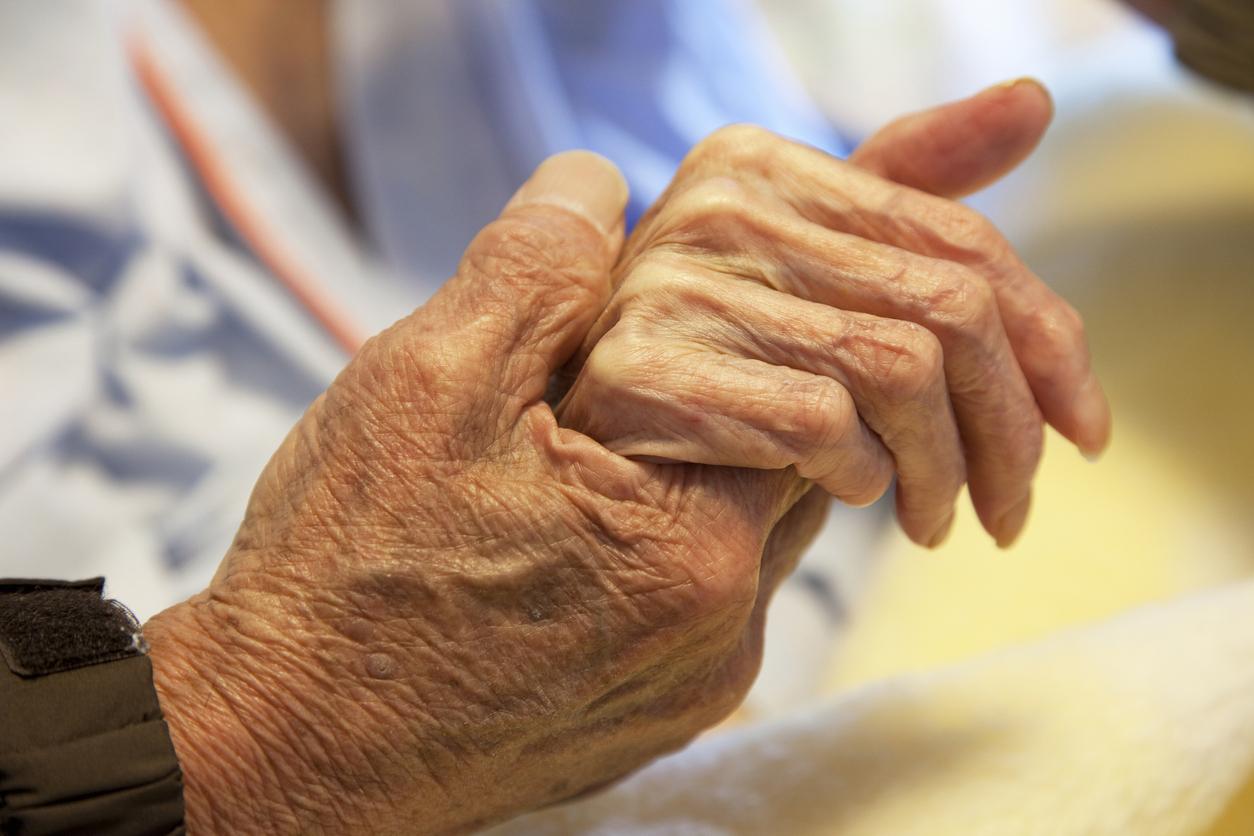Unable to claim medical assistance in dying in France, Anne Bert, suffering from an incurable neurodegenerative disease, underwent euthanasia in Belgium.

This decision, she had taken reluctantly. She assumed it. Anne Bert, a 59-year-old writer, traveled to Belgium for euthanasia. She passed away this Monday morning.
“I am forced to flee my country to die”, she regretted in an interview with The Obs. The Claeys-Leonetti law, which dates from 2016, allows in particular to have recourse to deep and continuous sedation, but not to request euthanasia.
A collective fight
A “hypocritical law”, which “does not respect the will of patients”, she said. During the presidential campaign, she questioned the candidates, explaining about Europe 1 that she wanted to make this fight which was lost for her “a collective fight”.
Already paralyzed in the upper limbs, requiring assistance with eating, drinking and bathing, she had led a media campaign in early September, as a last call before dying. She had appeared clear-headed, calm and determined. On the TV sets, only the neck brace, already essential to maintain the posture of his head, betrayed his slow degeneration.
Refusal to be walled up alive
Anne Bert suffered from amyotrophic lateral sclerosis (ALS), a neurodegenerative disease better known as Charcot’s disease. It is incurable, and manifests itself by progressive paralysis of all the muscles.
Diagnosed in 2015, the writer of romance and erotic novels had quickly made the choice to decide on her death, refusing to let herself be locked in her own body, and to suffer the slow and painful agony that the disease promised her.
In recent months, the symptoms had accelerated. “I know I’ll be drooling soon,” she explained. That I will no longer be able to speak, nor walk, nor swallow. I am being walled up alive. “
A supervised procedure
She had therefore initiated a procedure in Belgium, which authorizes medical assistance in dying, in a hospital environment or at home. “On the other hand, it is totally wrong to believe that it is enough to knock on their doors and say I want to die for it to succeed,” she stressed at the beginning of September.
The procedure is indeed very supervised, she says. Doctors and psychologists are involved in the process, which takes around a year. The writer’s French doctor was even included in the loop.
The case of Anne Bert, her calm and her determination, have put euthanasia back on the front of the media scene, in a different situation from the cases which have greatly contributed to forging the debate in France (Vincent Humbert, Vincent Lambert). The French were able to see and hear a person admittedly diminished, but fully capable of pleading and explaining his will to die.
The call was heard
Prof. Jean-Louis Touraine, doctor and deputy of the 3e Rhone constituency, presented a bill in September, signed by 53 other deputies from his party, En Marche, but also from the PS and the Left Radicals.
They want the device provided for by law to be replaced by “active medical assistance in dying”, providing that “any adult and capable person, in the advanced or terminal phase of an incurable disease causing physical pain or unbearable psychological suffering, can apply for active medical assistance in dying ”.
Anne Bert’s last appeal has therefore been heard. It will undoubtedly be taken up again during the next debates on the subject. Before dying, the writer leaves a posthumous manifesto. The very last summer (Fayard), his latest work, will be published on October 9th.
.















